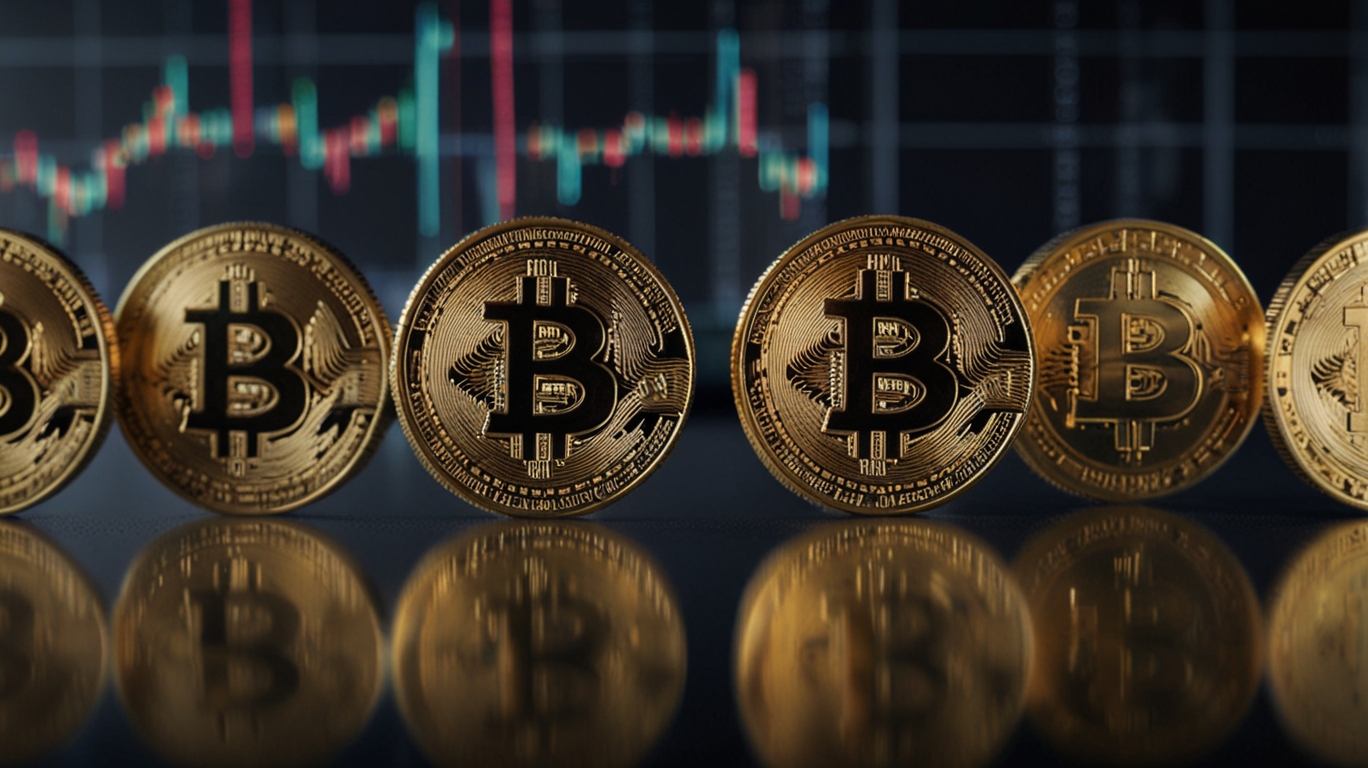As more and more people have started using Bitcoin, the main network has struggled to keep up with demand, which has led to a growing number of unconfirmed transactions. According to the block explorer, there are currently over 200,000 unconfirmed transactions waiting to be added to the blockchain.

An unconfirmed transaction is any transaction submitted to a blockchain network that hasn't been included in a validated block yet. In Bitcoin, these transactions sit in the mempool until miners choose to process them. If you want to get your transaction through faster, you can pay more to miners to speed things up. This backlog of transactions isn't just affecting Bitcoin. Ethereum is also facing a backlog of over 156,000 pending transactions, according to Etherscan. However, Bitcoin has a bigger problem in this area.
Bitcoin’s Backlog and Transaction Dynamics
It seems that when transaction fees rise, the backlog of Bitcoin transactions tends to spike, often corresponding with increases in Bitcoin's price. For example, during the recent bull market that started in September last year, BTC prices shot up alongside an increase in unconfirmed transactions. Although transaction fees have dropped significantly since mid-June, now averaging between $2 and $3 after peaking above $100 in April, the backlog of transactions dating back to October remains stubbornly high at over 200,000. While transaction initiators can speed up the confirmation process by paying higher fees, the long-standing backlog raises questions about Bitcoin's ability to keep up with global demand. If similar delays hit comparable systems like Visa, it could cause serious operational problems and even lead to business closures. Even SWIFT, which has been criticised for being slow and expensive, outperforms Bitcoin in this crucial area. Some say that Bitcoin, which is seen as an asset and inflation hedge rather than a currency, has different qualities to those described in Satoshi Nakamoto's original white paper, which said that Bitcoin was "a purely peer-to-peer version of electronic cash." Meanwhile, BTC is trading at $61,388, with a slight decline as we approach the weekend. Over the past month, it has dropped by 10%, facing typical challenges after the halving.









